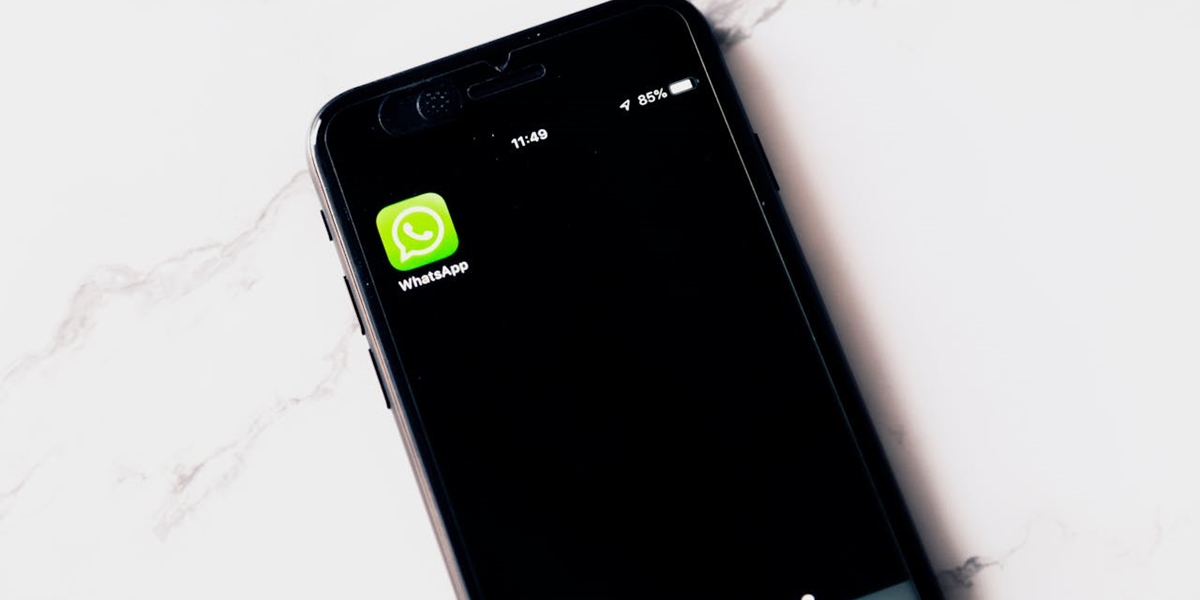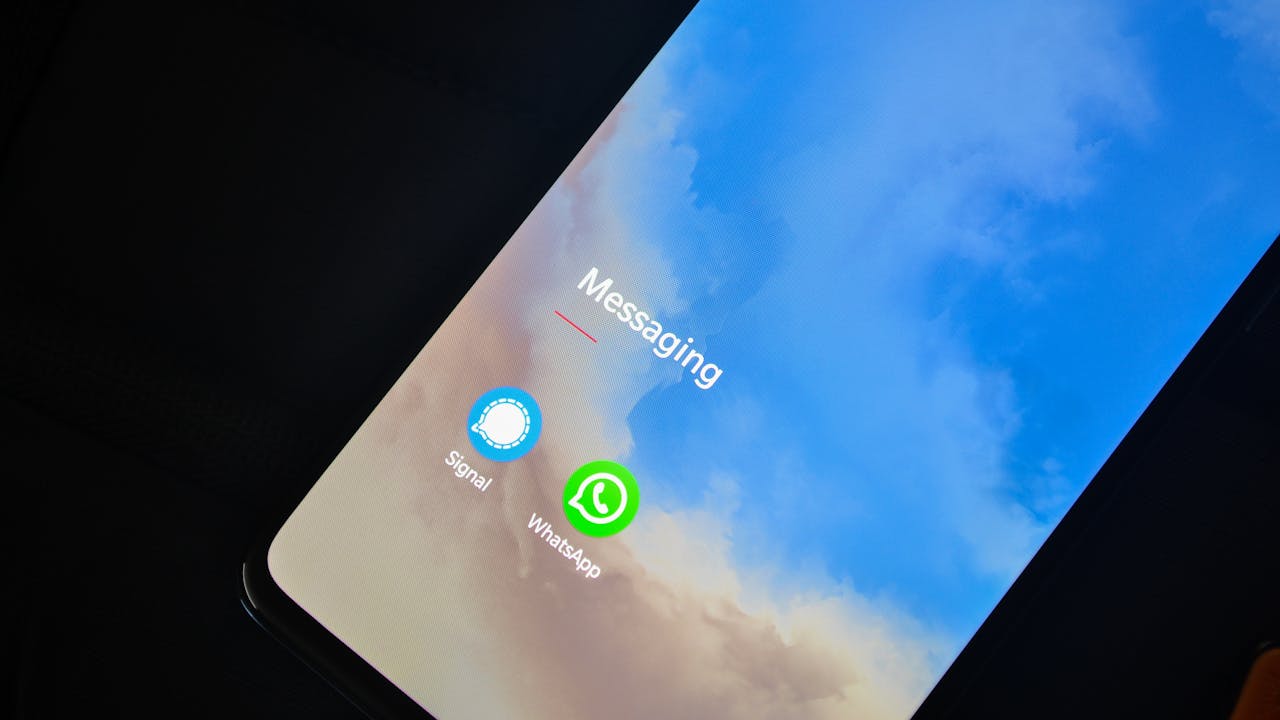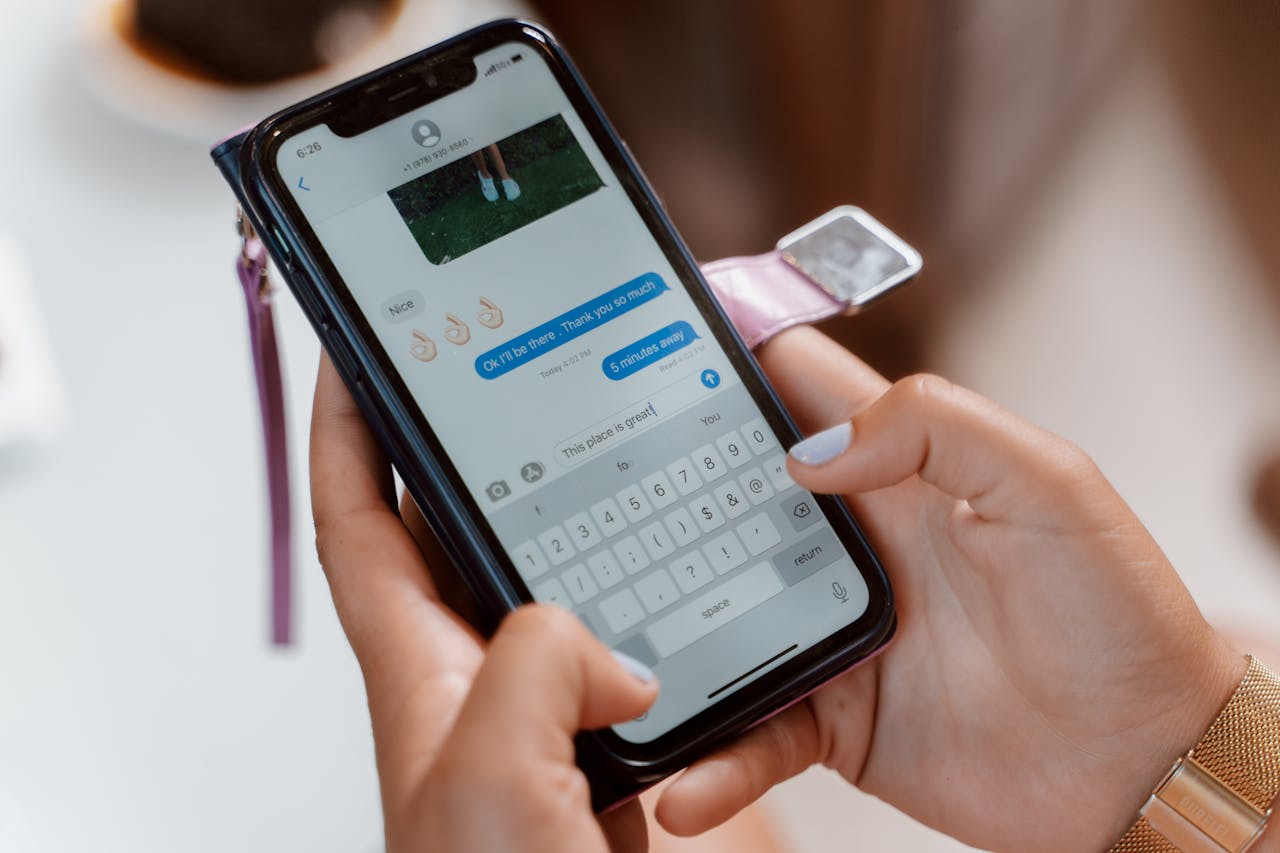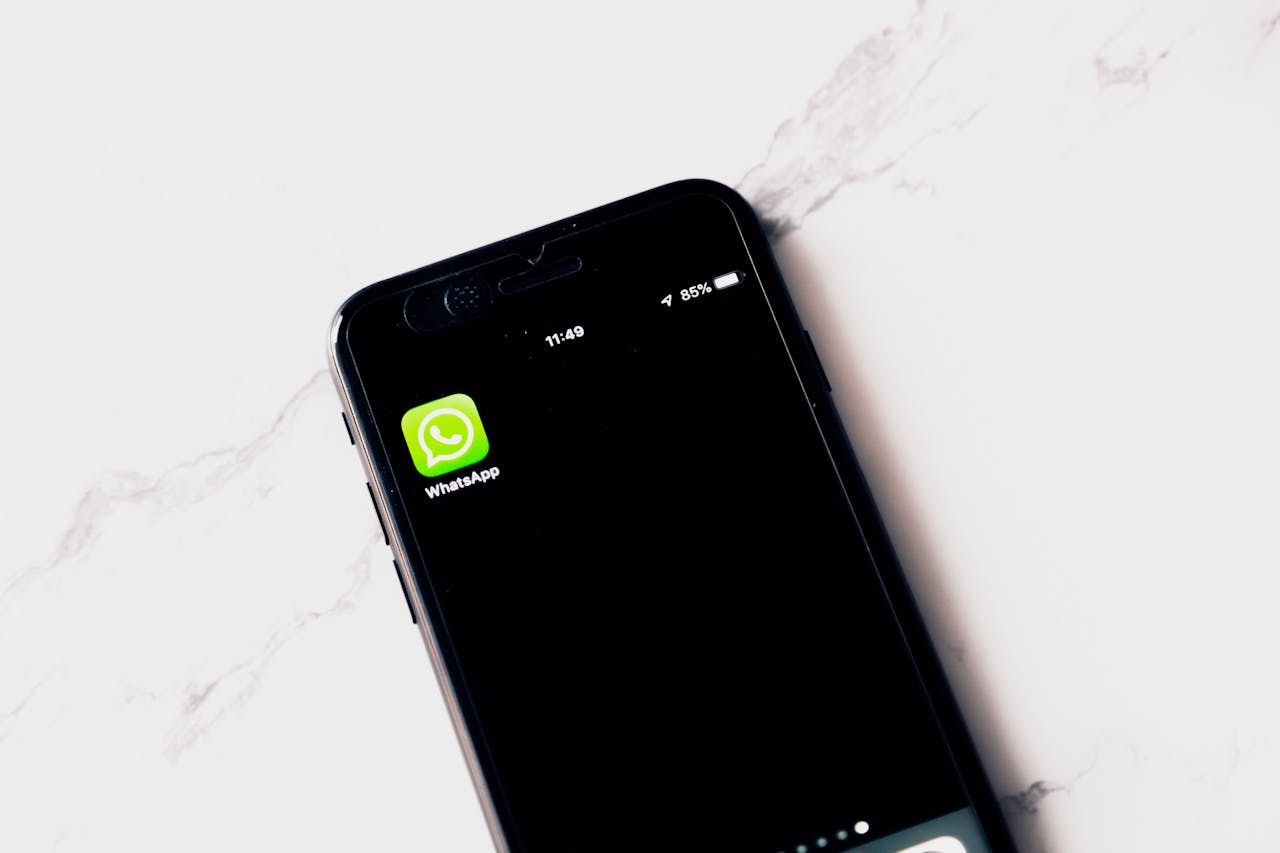350+ Funny and Entertaining Word Guessing Quizzes to Train Your Brain
Here is a collection of 350+ funny and entertaining word guessing quizzes that you can try.

Kapanlagi.com - In today's digital era, WhatsApp has become one of the most popular instant messaging applications in the world. However, its popularity also makes it a potential target for hackers and eavesdroppers. This article will discuss in depth how to overcome WhatsApp hacking, from recognizing the signs of hacking to concrete steps to secure your account.

WhatsApp Application (credit: pexels.com)
WhatsApp snooping is an illegal act where someone attempts to access or monitor your conversations and WhatsApp activities without permission. This can occur through various methods, such as the use of spy apps, exploiting security vulnerabilities, or even through physical access to your device.
Snooping can result in serious violations of your privacy, including:
Therefore, it is important to understand and implement appropriate security measures to protect your WhatsApp account.
Recognizing the early signs of hacking is crucial for taking swift action. Here are some indicators to watch out for:
Be alert for any unusual activity on your WhatsApp account, such as:
WhatsApp typically sends notifications when your account is accessed from a new device. If you receive such a notification without accessing WhatsApp from another device, it could be a sign that your account has been compromised.
A significant and unexplained increase in data usage could indicate hacking activity in the background. Regularly monitor your WhatsApp data usage to detect anomalies.
If you see a message that has been read (blue check) even though you haven't opened it, this could be a sign that someone else is accessing your conversation.
Spy apps often run in the background and can slow down your device's performance. If you experience unusual speed drops or battery life issues, this could indicate that a malicious app is running.

WhatsApp Application (credit: pexels.com)
If you suspect that your WhatsApp has been hacked, follow these steps to secure your account:
The first step is to check and verify all devices connected to your WhatsApp account:
Two-step verification adds an extra layer of security to your account:
With this feature enabled, every attempt to verify your phone number on WhatsApp will require an additional PIN, making your account much more secure against hacking attempts.
Make sure you are always using the latest version of WhatsApp:
Updates often include important security fixes to protect your account from the latest vulnerabilities.
If you still suspect unauthorized activity, try logging out and back into your WhatsApp account:
This process will disconnect all active sessions and force the hacker to lose access to your account.
Sometimes, hacking can occur through malicious apps installed on your device:
After addressing the eavesdropping issue, it is important to take preventive measures to ensure that similar incidents do not occur in the future:
The WhatsApp verification code is the key to accessing your account. Never share this code with anyone, even if they claim to be a WhatsApp representative or an authority.
If you must use WhatsApp Web on a public or someone else's computer, always make sure to log out after you are done. Even better, avoid using this feature on devices that you do not fully trust.
Take advantage of the built-in security features of your device:
Many eavesdropping attempts start with sending malicious links or attachments infected with malware:
Knowledge is the best defense against eavesdropping and other cyber attacks:

WhatsApp application (credit: pexels.com)
There are many myths circulating about WhatsApp hacking. Let's clarify some of them:
Fact: Although the phone number is the primary identity of a WhatsApp account, hacking cannot be done just by knowing the number. Access to the device or exploiting security vulnerabilities is required to carry out the hacking.
Fact: A VPN does enhance online privacy, but it does not directly prevent WhatsApp hacking. A VPN protects data in transit, but it does not prevent unauthorized access to your account if your credentials have been compromised.
Fact: Although WhatsApp is owned by Meta (formerly Facebook), the app still uses end-to-end encryption for all messages. This means that even Meta cannot read the content of your messages.
In some cases, dealing with WhatsApp hacking may require professional assistance:
In such situations, consider:

WhatsApp Application (credit: pexels.com)
WhatsApp continues to enhance its security features to protect users from hacking threats and other attacks. Some recent developments include:
WhatsApp now offers end-to-end encryption for chat backups on iCloud and Google Drive, adding an extra layer of security for your data stored in the cloud.
Messages that disappear automatically after a certain period can help reduce the risk of sensitive information falling into the wrong hands.
WhatsApp has introduced a security verification feature for group calls, allowing users to ensure that their calls are secure and encrypted.
A: While it is difficult, it can happen through the exploitation of security vulnerabilities or the use of advanced malware. However, by following good security practices, this risk can be significantly minimized.
A: WhatsApp usually sends a notification if there is a login attempt from a new device. Additionally, you may receive an unsolicited verification code, which is a sign that someone is trying to access your account.
A: Yes, using WhatsApp on multiple devices is safe as long as you follow the proper security procedures and ensure that all devices are under your control.
A: If a snooper accessed your account before the messages were deleted, they may have copied or saved those messages. However, deleted messages will no longer be available through the WhatsApp application itself.
A: Using unofficial third-party apps for WhatsApp is highly discouraged. Such apps can jeopardize your account's security and violate WhatsApp's terms of service.

WhatsApp Application (credit: pexels.com)
Addressing a hacked WhatsApp requires swift and precise action. By understanding the signs of hacking, taking necessary security measures, and remaining vigilant against potential threats, you can protect your privacy and the security of your digital communications.
Remember that online security is an ongoing process. Continuously update your knowledge about best security practices and always exercise caution when using instant messaging apps like WhatsApp. With a proactive approach to digital security, you can enjoy the benefits of modern communication technology while minimizing risks to your privacy and personal data.
(kpl/dhm)
Cobain For You Page (FYP) Yang kamu suka ada di sini,
lihat isinya
Here is a collection of 350+ funny and entertaining word guessing quizzes that you can try.
Here is a collection of 350 romantic, inspirational, and meaningful wedding quotes.
For those of you who want to watch anime with unique themes. Here are some of the best anime featuring strong female protagonists who are inspiring and extraordinary.
Discover stylish tips for pairing white clothes and hijab to look elegant on Eid.
Find inspiration for simple yet luxurious hijab OOTD colors for Eid that will make you look enchanting.
If you want to know the lyrics of this religious song, here are the lyrics of Khoirol Bariyyah by Syakir Daulay.
If you are confused about what side dish to look for, some vegetable menus can be a choice. Here are some practical vegetable recipes that you can try to meet your daily nutritional needs.
For KLovers looking for super simple sweet food, this toast menu is a must-try. Here are some delicious toast recipes that are easy to make and worth trying.
What are these dramas like? Here’s a list of ambitious Korean dramas featuring women and sincere men that might be an exciting theme for you to follow.
The Eid holidays are a great time to gather with family. One way to enjoy time together is by watching movies. There are many Indonesian films that are suitable for watching with family during the Eid holidays.
Let's get straight to it, check out these funny THR Lebaran quotes that are suitable to send to parents, friends, or to use as social media captions. Who knows, after this you might just receive a Lebaran envelope, right?
To learn more about the lexical and historical meaning of the word mudik, just check out the following review.